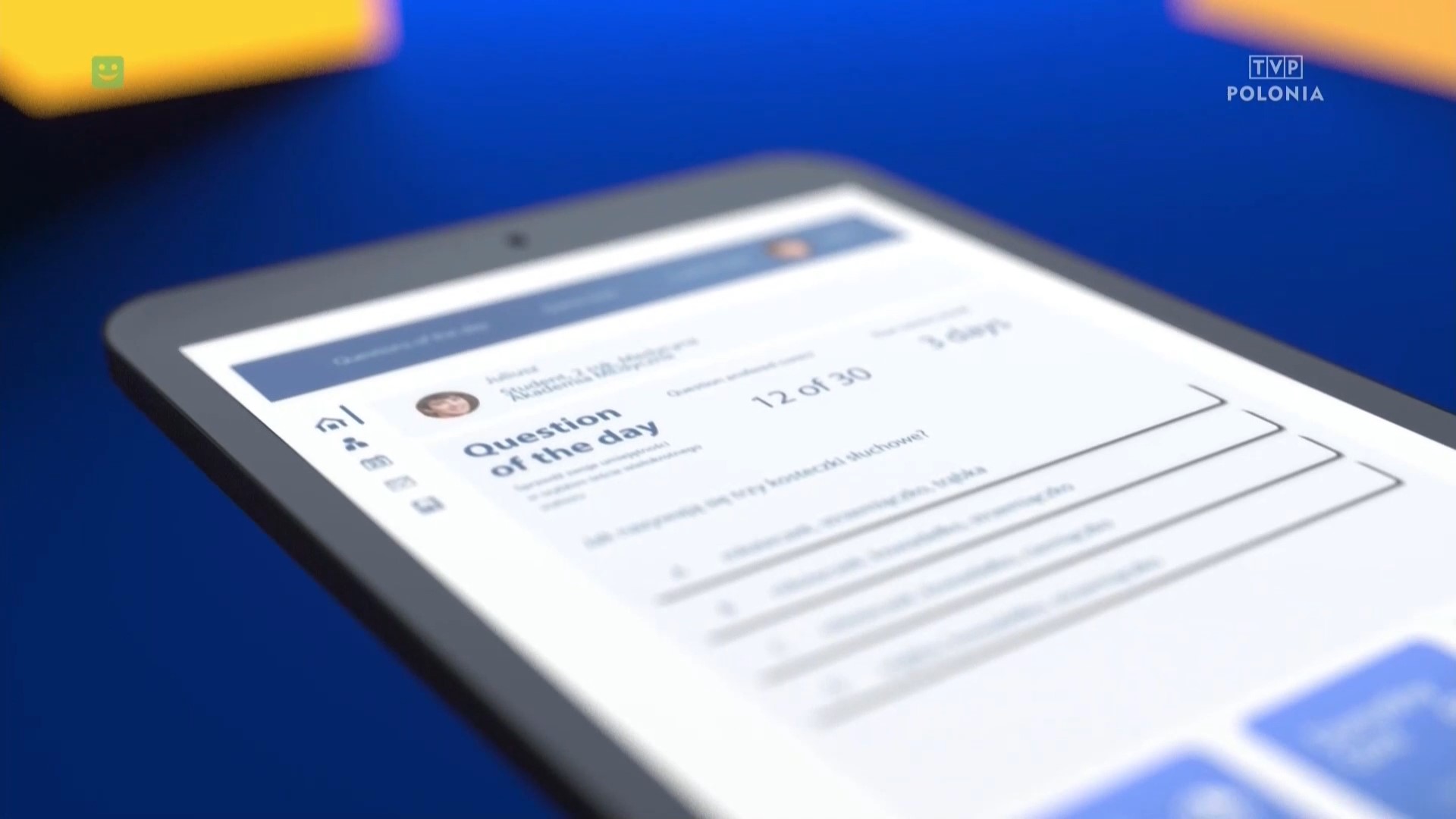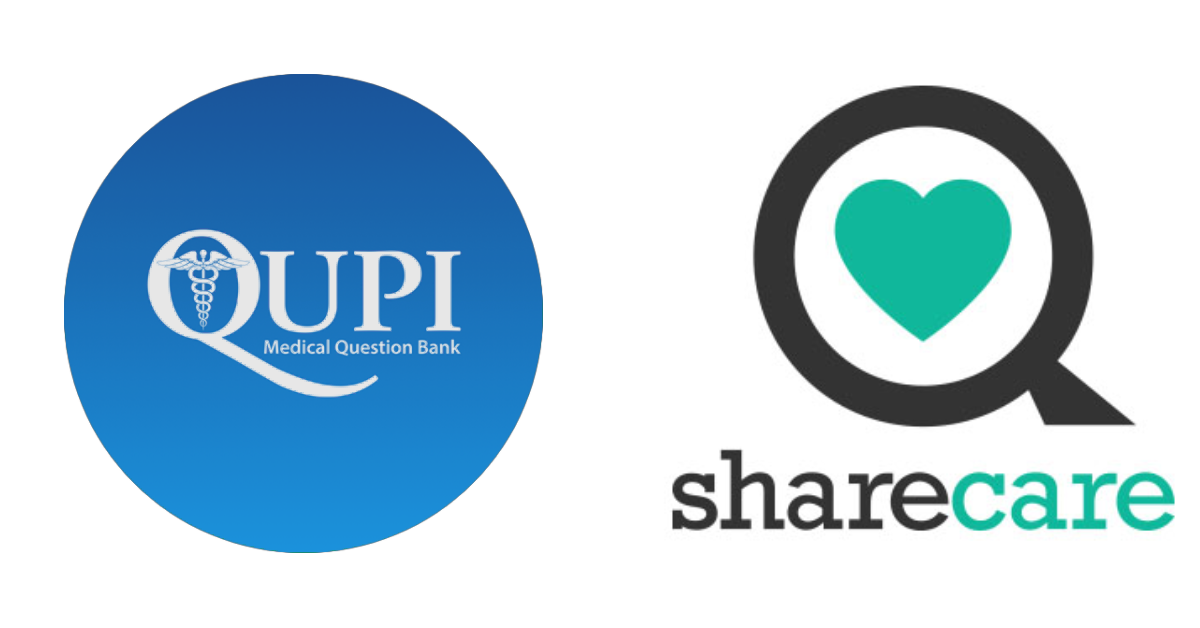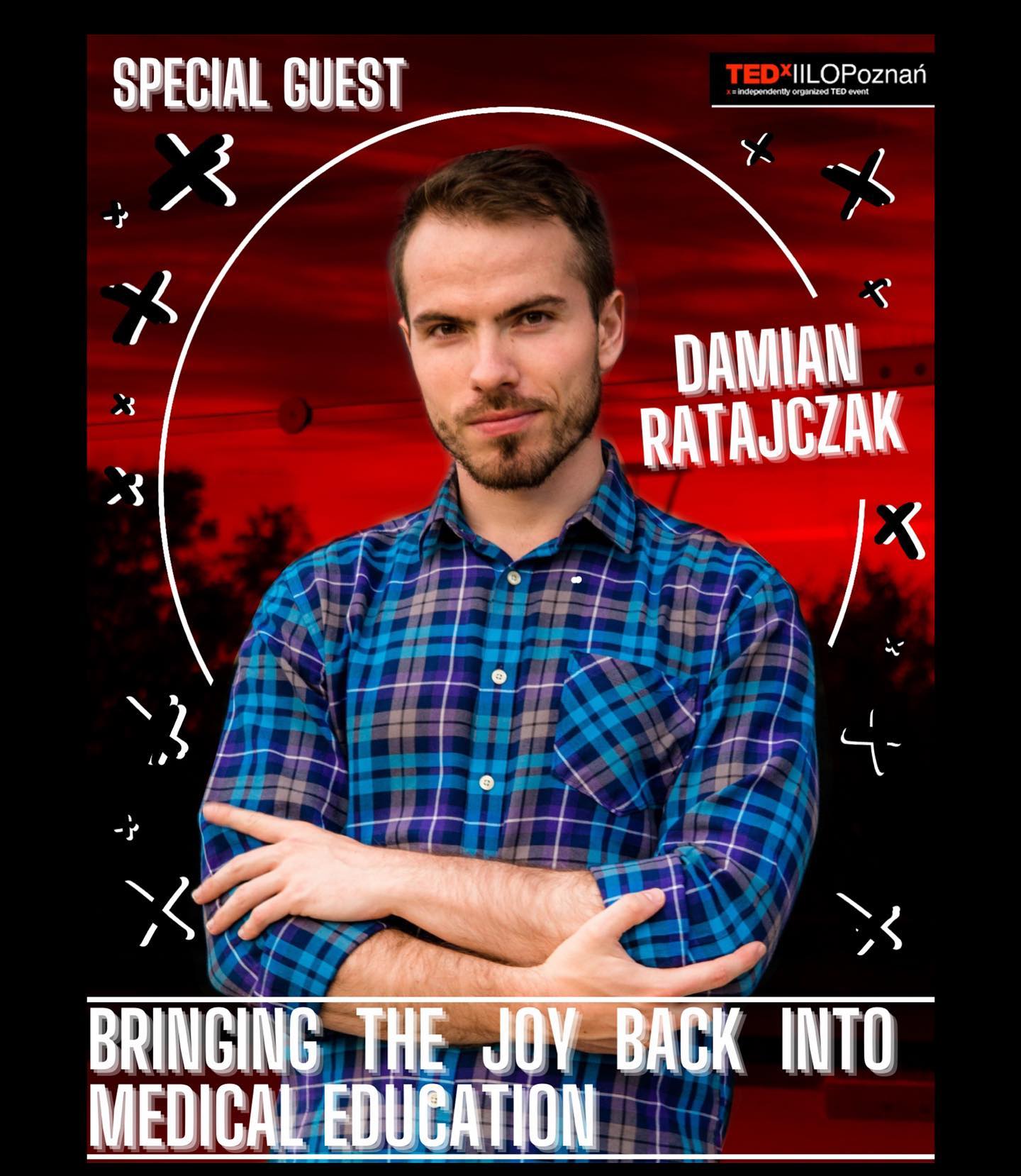As the US heads inexorably towards a doctor shortage of catastrophic proportions, the last thing the country can afford is for experienced and established physicians to quit their jobs early. However, NBC News have reported that this is exactly what is happening.
Limited residencies, increased desirability of competing jobs, and suffocating bureaucracy have combined to drive compassionate doctors into early retirement, while at the same time ensuring that fewer young people enter the medical profession. Here are a few reasons why this is happening:
Competition from STEM Jobs
The problem starts with competition. With the USA entranced by a fever of innovation, jobs in Science, Technology, Engineering, and Math (so-called STEM jobs) have gained increased appeal and frequently pull down high wages.
Given the catastrophically high cost of medical school, many young doctors would prefer to study for four years to become an engineer than eight years plus to become a doctor. Fewer new doctors entering the profession puts more pressure on older physicians, who may be driven to leave the understaffed clinic in search of a better work life balance in a scientific or technological field where their medical training will be put to lucrative use.
Lack of Residencies for Graduating Students
For those students who do still choose to attend medical school, this by no means guarantees that they will go on to become doctors. Medicaid caps on subsidized residency programs in teaching hospitals mean that there are far fewer available residencies than there are graduating MDs.
This “bottleneck” means that every year, there are thousands of people who have the drive, the work ethic and the intelligence to pass medical school (not to mention the fortitude to acquire six figures worth of loans) but who are kept out from completing their training and becoming fully fledged physicians. At a time when the US desperately needs more doctors, this is a point in the funnel that is in most urgent need of mixing.
Doctors Want to Work with Patients, Not Forms
Established physicians who have successfully completed every stage of their training and gone on to have distinguished careers are also quitting long before their retirement age. Technological changes are one driving force behind this.
Electronic Health Records (EHRs) have for the most part replaced pen & paper patient records, but the upgrade has come with its fair share of glitches which often restrict doctors from being able to efficiently do their jobs.
Doctors report spending more time dealing with paperwork and insurance companies than with their actual patients. For someone who entered the medical profession in order to work with communities and help people, it can be extremely disheartening to end up feeling more like a bureaucrat than a healer.
“It has gotten worse for all of us, unfortunately — whether you work in the hospital or in the outpatient setting,” Dr Nicole Swiner told NBC News. “We are burdened more by non medical business or insurance professionals without any medical training. It’s disheartening. I have transitioned to more part-time clinical work [so as to focus more on] speaking, writing and consulting.”
Doctors and medical students alike experience shocking rates of depression, with up to 43.2% of resident clinicians experiencing depressive symptoms. Given this plethora of pressures, is it really surprising that medical professionals are searching for alternatives?
The US cannot afford to keep hemorrhaging medical professionals. At this rate, as the Association of American Medical Colleges (AAMC) grimly predicts, we will be short by as many as 120,000 physicians by 2030. We depend on doctors to heal us. But now the medical industry itself is sick. It’s time for our corporations, institutions and legislators to urgently find a cure.













